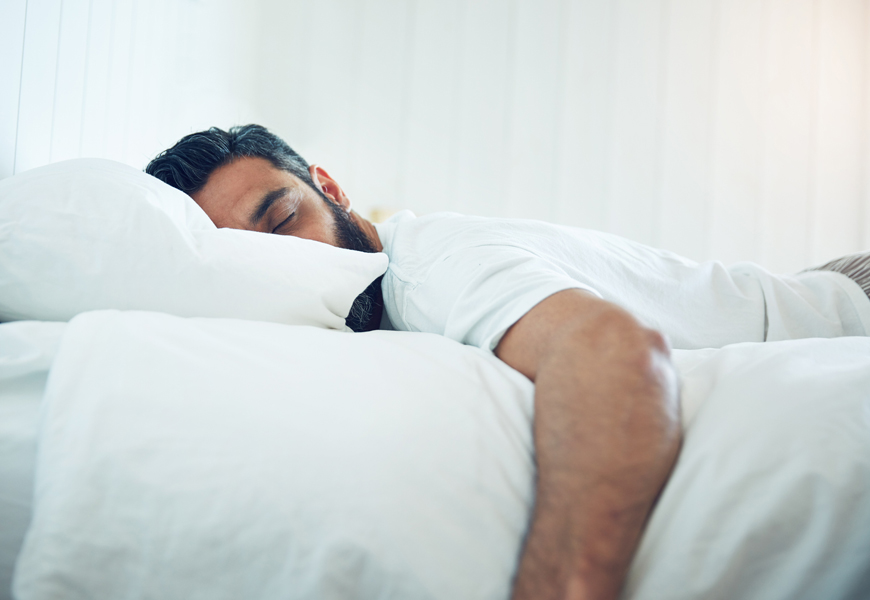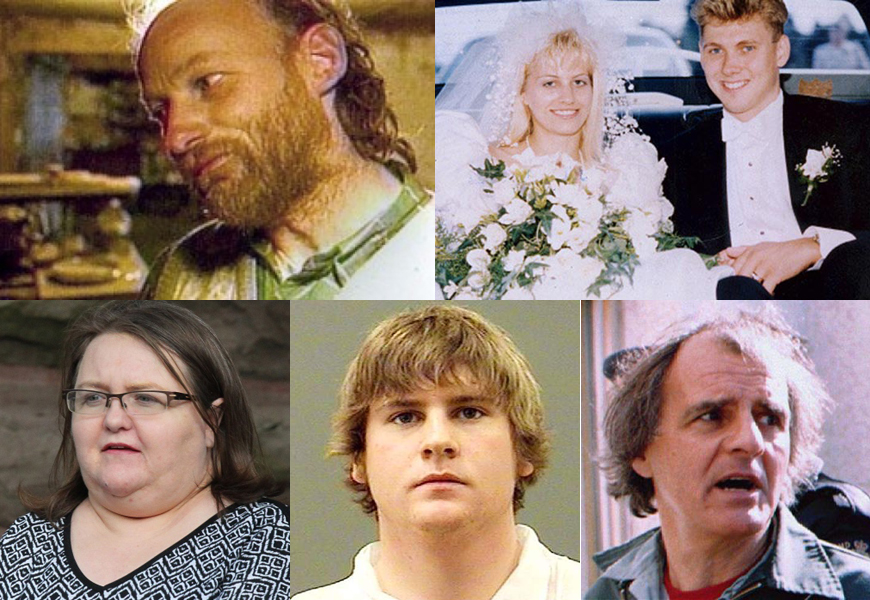It’s that time of year. When the day’s light falls before supper and the cold creeps in through the windows and doors, confusing our bodies and minds about when to go to bed. Yet once there, our coveted sleep can often feel elusive. “Unfortunately, sleep issues and disorders are becoming more and more common,” affirm the experts at the Bed Kingdom in the United Kingdom. Changes in daylight saving hours, stressful lifestyles and seasonal affective disorder can all be attributed. “Therefore, having a night-time routine and getting adequate sleep every night is essential for leading a healthy life.” Here are five points to better understand what can help and may be preventing your zzzs.
Melatonin: The Key to Sleep
Melatonin is the hormone secreted by the body’s pineal gland, and a lack of melatonin is one likely reason you cannot fall asleep quickly. “Melatonin is affected by an inconsistent sleeping pattern,” explain the experts at Bed Kingdom. “Waking up and falling asleep at various times can confuse your circadian rhythm, your body’s internal clock. Your circadian rhythm regulates the release of melatonin, the sleep hormone, so without a consistent sleep-wake cycle, the body will be confused and not know when to release the hormone. You should maintain a regular sleeping pattern, which can help you fall asleep faster at bedtime. It is also affected by light sources, including TVs, smart phones, and tablets; so avoid using these devices before you sleep. “A dark room is ideal for melatonin production, as the pineal gland responds to darkness by secreting the hormone.”
Calculate Your Hours
The amount of sleep you require depends on your age, health and previous sleep quality. Adults require a minimum of seven hours of sleep a night. Yet, the older you become, the more hours of sleep your will need because your sleeping pattern can change. “It is common for older adults to sleep more lightly, have trouble falling asleep, or wake up multiple times in the night,” say the experts at Bed Kingdom.
Understanding Sleep Paralysis
This condition occurs when REM sleep is disrupted, typically when you are waking up or falling asleep. It’s harmless and some people only ever experience it once or twice in their lifetime. While a number of things can happen during sleep paralysis, the most common is a paralyzed feeling where you cannot move, speak or even open your eyes. “When you experience sleep paralysis, you may feel frightened, as if someone is in the room with you or something is pushing you down, though these feelings will dissipate within a few minutes,” explain the experts at Bed Kingdom. “It is not clear why sleep paralysis occurs, though it has been linked to insomnia, narcolepsy, PTSD, and disrupted sleeping patterns. You may be able to prevent this by improving your sleeping habits. Ensure you get at least seven hours of sleep a night, maintain a consistent sleep pattern, and get regular exercise.”
Why the Sheep Take Over
Ugh, no one wants to have to count sheep to fall asleep, but it can happen. A lot. Especially if you’re experiencing stress and anxiety. “Numerous factors can contribute to someone feeling anxious, including work stress or the consumption of caffeine or alcohol,” add the experts at Bed Kingdom. “If you are consuming alcohol frequently and interfering with your sleep, this should be reduced or stopped. Any caffeine consumption should not be had later in the day.
Sleep Apnea Explained
Sleep apnea is a sleep disorder where breathing stops and starts while you sleep, and it can be severe if not diagnosed or treated. Symptoms include gasping, snorting, choking noises, loud snoring, and waking up often through the night. Many people with sleep apnea feel tired and have headaches or mood swings during the day. “If you think you have sleep apnea, you must see a GP, who will refer you to a specialist sleep clinic for tests,” advise the experts at Bed Kingdom. ”Sleep apnea is often treated by a CPAP Machine, where a mask is worn overnight that pumps air into your mouth or nose while you sleep.”












